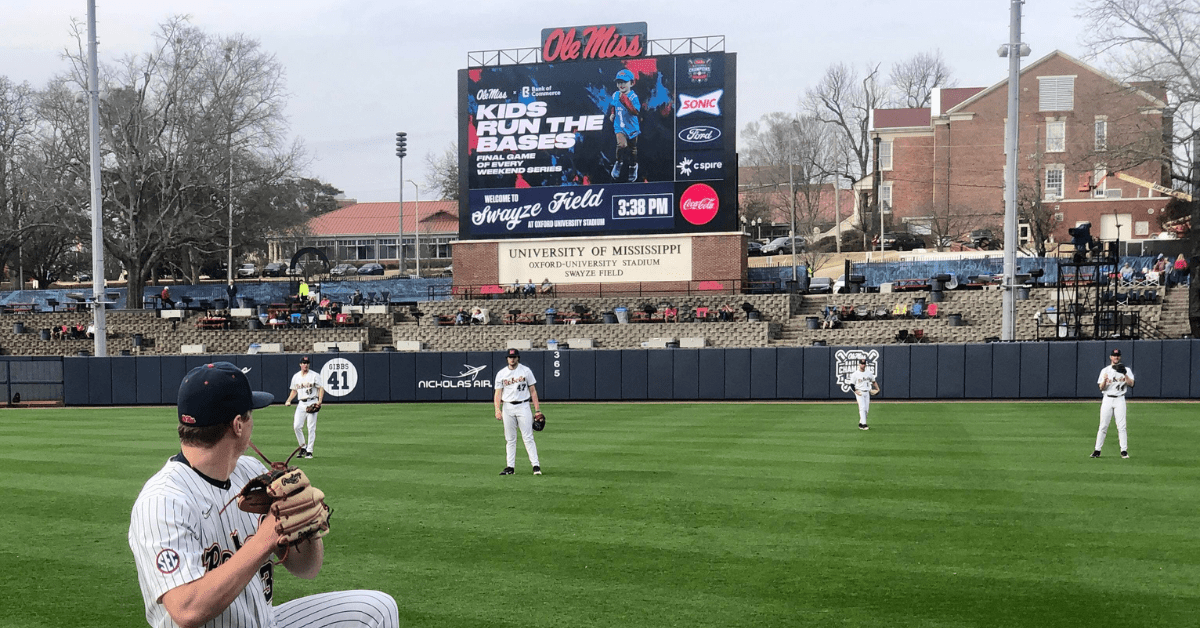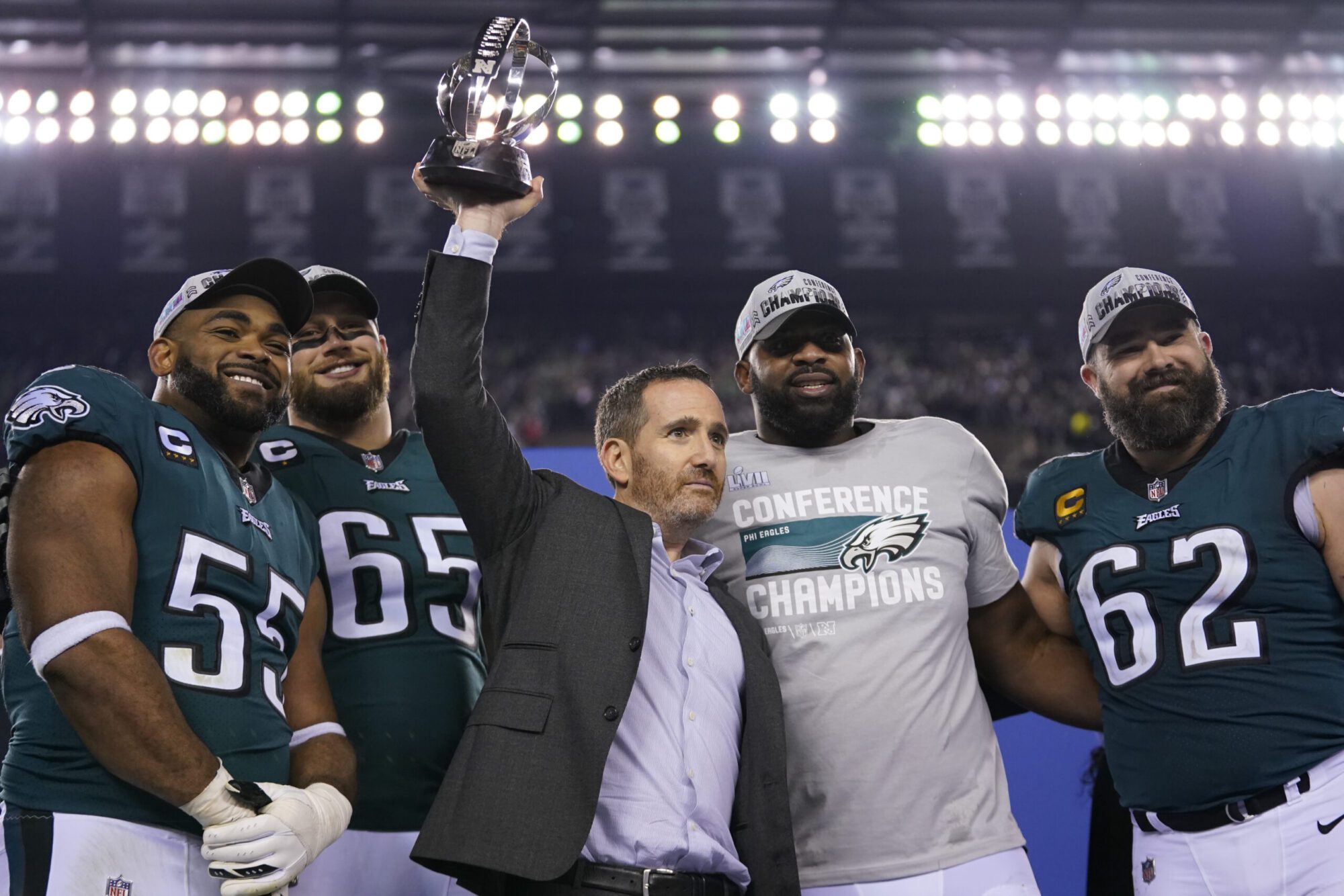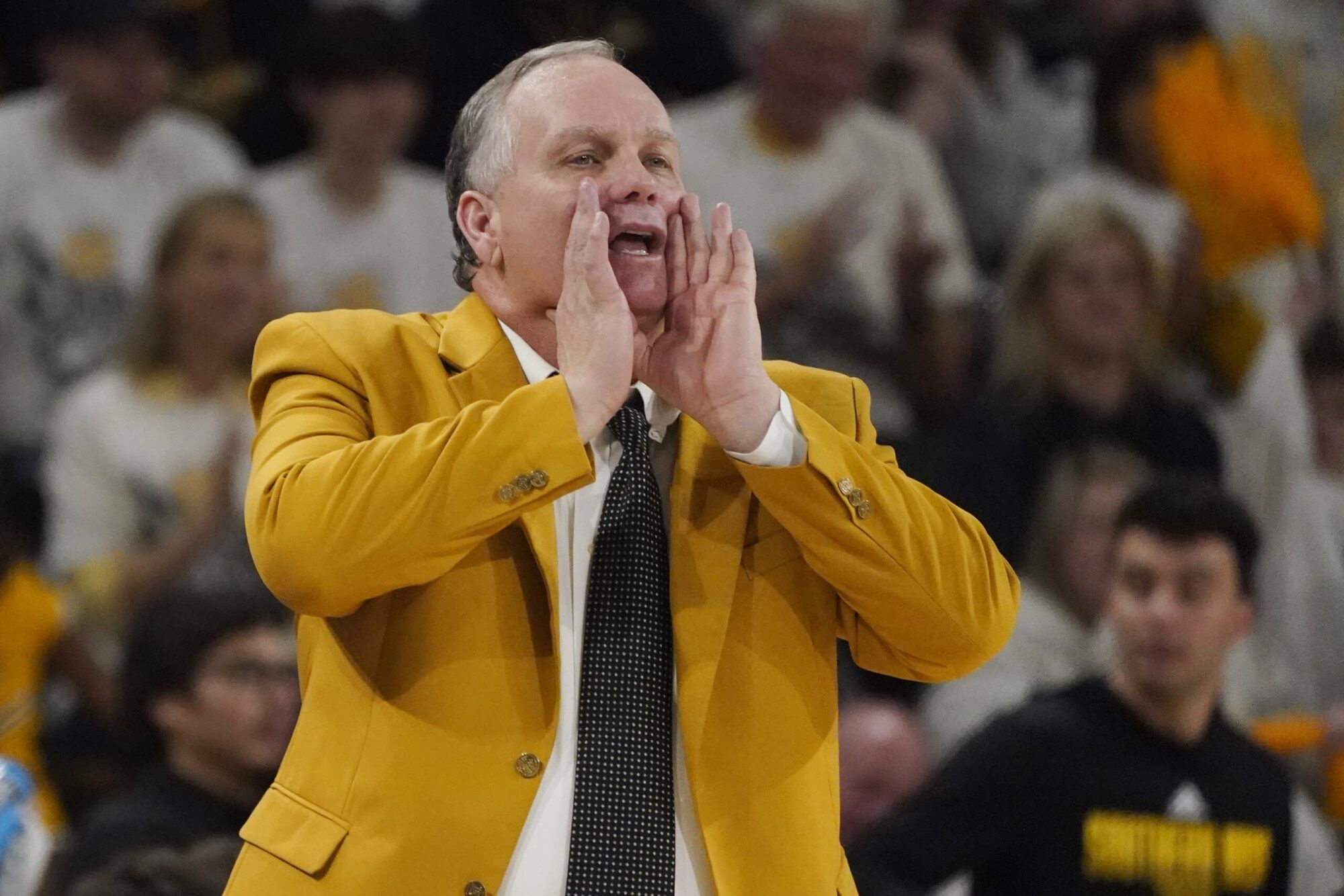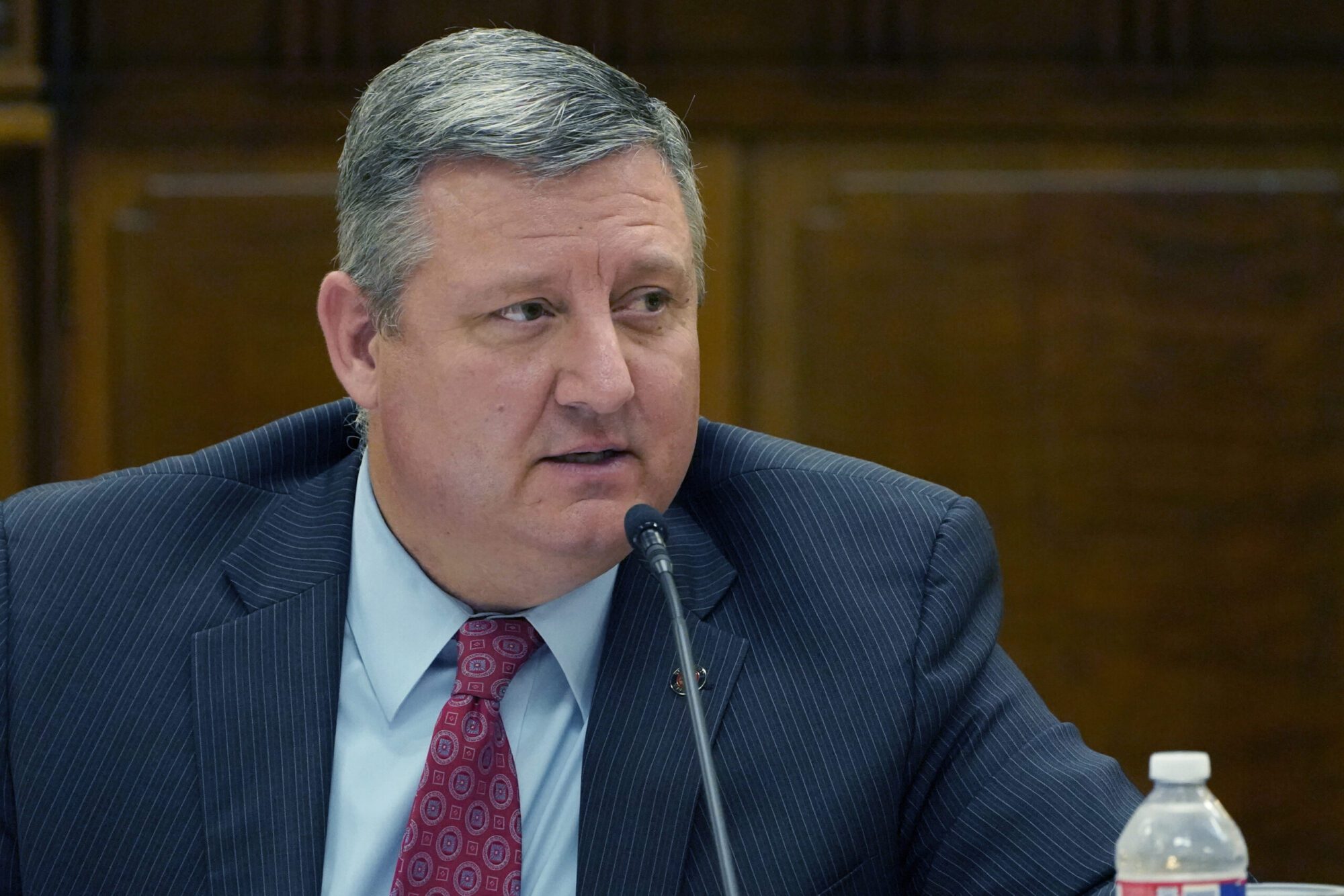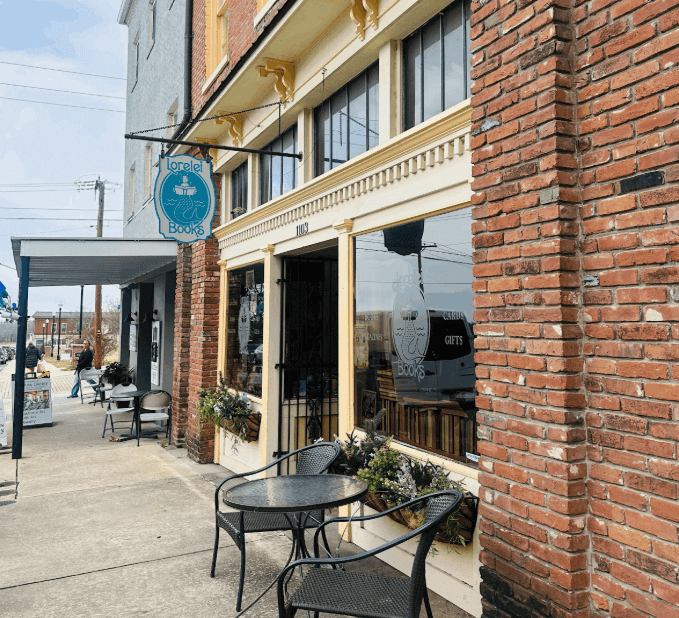
(Photo from Oliver Diaz)
The best way to understand the world and to understand Mississippi is through travel.
Earlier this year, I sat in a darkened movie theater on the island of Bali in the country of Indonesia. I was watching the Oscar nominated movie “Elvis.” A boy from Mississippi, halfway around the world, watching a movie about a boy from Mississippi who changed the world. At the end of the film the Indonesian audience did something that isn’t common in America, the audience stood and cheered. By watching the film, did that largely Hindu audience come to understand something about a place like Mississippi?
William Faulkner is reported to have said, “To understand the world, you must first understand a place like Mississippi.” Indeed, Mississippi is a state of great beauty and talent, steeped in history and culture. Rich and poor, black and white, rural and urban, all come together to call Mississippi “home”.
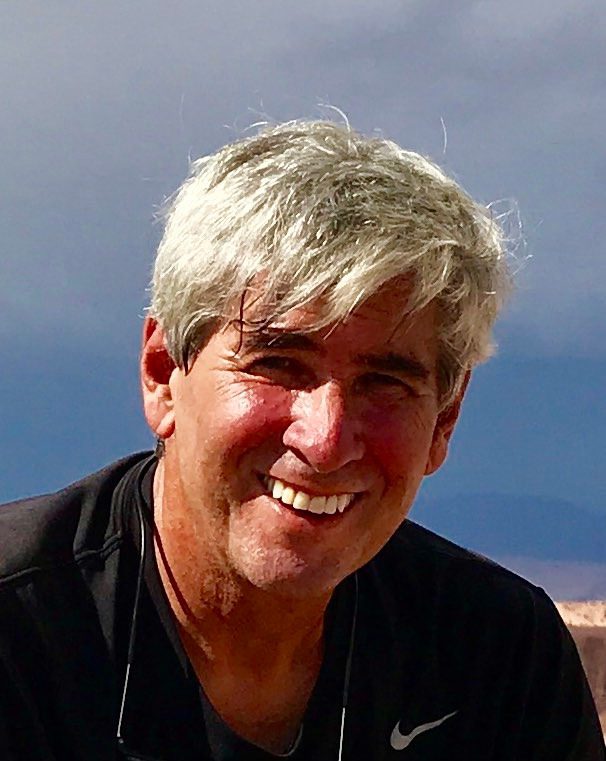
Mississippi is also a state of great diversity and contrasts. Education levels and literacy rates are below the national average, yet Mississippi produces an abundance of great writers and scholars. Poverty rates are high and health care is substandard, yet Mississippi produces some of the world’s greatest athletes.
So, if one can understand Mississippi, a place of such complexity and wonder, of diversity and contrasts, then one might truly be able to understand the world. But, another question remains, how does the world understand a place like Mississippi?
The world has gotten to learn about Mississippi through our story tellers and writers, our actors and athletes, our singers and songwriters, our politicians and ambassadors. When the world hears Elvis Presley, B.B. King, Jimmy Buffett, Faith Hill, Charley Pride or Tammy Wynette they hear Mississippi. When the world reads a book by Walker Percy, Eudora Welty, Richard Wright, Margaret Walker, Willie Morris, or John Grisham, they are reading about Mississippi. When the world experiences a Tennessee Williams play or a performance by Morgan Freeman, James Earl Jones, or Oprah Winfrey, they experience a bit of Mississippi.
However, the best way for the world to understand Mississippi, and for Mississippians to understand the world is much more personal. The best way for people to understand each other is when we meet each other, when we share experiences, and when we learn about each other.
In short, the best way to understand the world and to understand Mississippi is through travel. Whether it be tourists visiting Mississippi or Mississippians touring the world, we learn about each other and we come to understand each other when we travel. When I traveled to Bali, I learned things that I never could have learned in Mississippi.

But, by traveling to Bali, I think that the Indonesians who met me also learned a little about Mississippi. I told stories of home, of food, of music, and about everyday life. I shared meals, attended ceremonies, visited homes, shopped, played tennis, and listened to music. I learned about the people of Bali, and the people of Bali learned about me.
I was born and raised on the Mississippi Gulf Coast, I was educated in Oxford, and I lived and worked in Madison and Jackson. My political career and my jobs have taken me to every corner of Mississippi. I have traveled the major highways, the city streets, and the country roads. I know Mississippi.
I have also been to nearly every state in the United States and I have traveled to over fifty countries around the world. Whether its Biloxi or Batesville, Boston or Baton Rouge, Bali, the Bahamas, or Botswana I have been there.
My experiences have given me stories to tell, tips to share, and hopefully, inspiration to spread. Whether it is recommendations for the best burgers in Bay Saint Louis, boots and backpacks for Badlands National Park, or boating in Burano, Italy, I have experience, knowledge, and advice.
My goal is to encourage my fellow Mississippians to travel more, and to give others a reason to come to Mississippi. Travel is how we understand the world, and it’s how the world understands us. Travel lets us meet people we would not normally meet in our daily lives of work, home, church, and school. Travel shows us that we are more alike than we are different.
Mark Twain said that “travel is fatal to prejudice, bigotry, and narrow-mindedness, and many of our people need it sorely on these accounts. Broad, wholesome, charitable views of men and things cannot be acquired by vegetating in one little corner of the earth all one’s lifetime.”
As a wise man once said, “travel leaves you speechless, and then turns you into a storyteller.” Having traveled Mississippi, America, and the world, I now have stories to tell. I would like to invite you to come along on my journeys and I would like to tell you my stories. After all, to understand the world, you must first understand a place like Mississippi.

